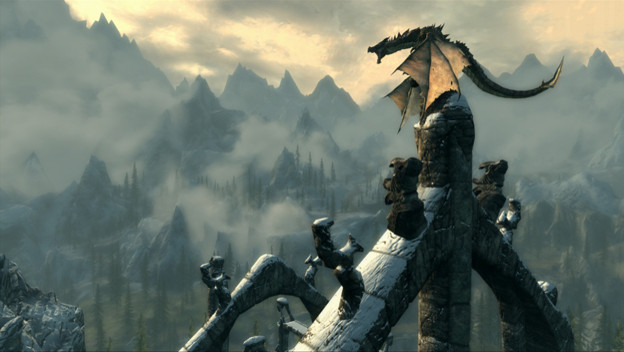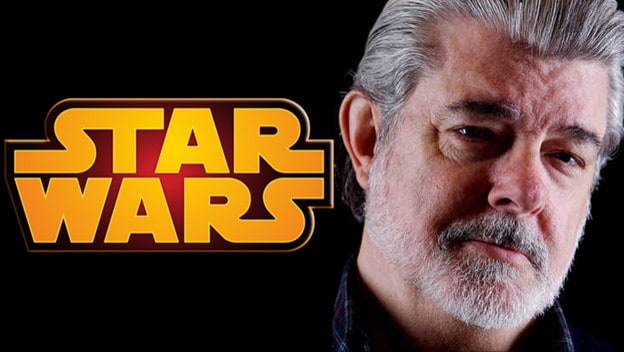So George Lucas and Steven Spielberg, filmmakers by trade, recently weighed in on gaming as a narrative medium, which of course ruffled some feathers. Immediately I’m bombarded with flashbacks about the Internet’s backlash to Roger Ebert, who said gaming could never be an art form. And while I would like to focus on telling people not to overreact, I feel as if I must first address some of the criticism Lucas and Spielberg offered to our beloved medium.
Speaking on a panel at the University of South Carolina, Lucas took a rather definitive stance on storytelling in games: games will never have a plot, or at least a plot capable of rivaling Shakespeare. While no doubt, if you’ve paid attention to games for the past, oh, forever, games have attempted to blend plot with their mechanics, but Lucas elaborated on his point.
“Storytelling is about two things. It’s about character and plot,” explained Lucas . “But by its very nature there cannot be a plot in a game.” He did, however, bring up a point that, while I feel like isn’t perfect, is valid.
“”If you just let everybody go in and do whatever they want then it’s not a story anymore. It’s simply a game.”
I’m not sure if gamers are desperately awaiting for a developer to be the next Shakespeare, nor if literary critics will ever agree if a contemporary writer has been deemed worthy of Shakespeare’s pen, but I found his comments about player control interesting, and was pleased that Spielberg seemed to elaborate on Lucas’s ideas, although he too casts a generalized net over gaming..
“You watch [a cutscene], and you get kind of involved with what the story is, and you hate the bad guy because he murders people in an airport and stuff like that, and then all of a sudden it’s time to take the controller,” said Spielberg. “And the second you get the controller something turns off in the heart. And it becomes a sport.” He also added that he believes games can reach the level of empathy that movies can elicit from the audience if the gaming medium ditches the controller (so basically, dust off your Kinects and buy into the VR hype).
Now, on one hand, I think the two filmmakers are making overgeneralized criticisms. Lucas seems to think games haven’t left the arcade era, no matter how much the graphics and storytelling have improved, and Spielberg tends to think of the more violent games (to be fair, there is an abundance of violent video games). However, I’m reminded of a point that I’ve brought up a couple of times for Cheat Code Central: games have a unique problem in that players can disrupt the pace of their stories. You can set up all of the pieces in a narratively rich game like Half-Life 2 , a game whose cutscenes are told in a way in which players always have control, and yet they don’t even have to look at the characters speaking onscreen.

I would love to ask Spielberg and Lucas about their thoughts of games trying too hard to be like movies. Given their comments, I’m inclined to think they’d agree, but I can’t exactly speak on behalf of them. Still, I don’t think gaming having complex mechanics that fight against the pacing of a plot make the medium inferior to film or literature; rather, the medium is so varied in approach that developers can create their own approach to storytelling. See games like Skyrim , in which players spend most of their time embarking on their own quests, essentially making their own stories.
So yeah, I think the two are out of touch, but they provide some decent points about narrative design in games. Now, I just hope that cooler heads prevail and no one starts pummeling them in the face with their suggestions in a vain attempt to win their acceptance of the medium. That ship has probably sailed for these two, and I suppose it’s up to the many AAA and indie game developers to prove them wrong.
